How can I make sure the music producer fits my project's style?
Look at their previous work or portfolio. See if they have experience with your music genre. Ask for samples similar to your project’s style to ensure they are a good match.
What should I include in my project brief?
Be clear about the project’s goals and the vibe you want. Describe any specific instruments or sounds you like. Detailed briefs help music producers deliver the results you want.
What's the best way to communicate with a music producer?
Use easy-to-understand words and examples. Share songs or artists you like. Good communication helps ensure your music sounds just right.
How do I set up a timeline for music production?
Decide when you need the final music. Break the work into steps, like creating a demo, reviewing it, and finalizing the track. Agreeing on a timeline helps keep the project on track.
What should I consider when agreeing on deliverables?
Be specific about what you need. This could include track length, audio format, and revisions. Clear deliverables ensure you get what you expect.
How can I prepare for the first meeting with a music producer?
Write down your project goals and style preferences. Prepare to share examples of songs you like. This preparation makes the meeting more productive.
How do I ensure the music producer understands my vision?
Use mood boards or playlists to convey the feeling you want. Talk openly about your ideas and inspirations. A shared vision leads to better music production.
What is an effective way to provide feedback on the music?
Be clear and kind with your feedback. Point out what you like and what needs changing. Constructive feedback helps improve the final track.
How do I handle revisions during the music production process?
Agree on the number of revisions upfront. Provide specific feedback each time. Setting expectations for revisions ensures a smooth production process.
Why is it important to establish checkpoints during the project?
Checkpoints help monitor progress and make sure everything is on track. Regular updates prevent surprises later on. This way, changes can be made early if needed.
Who is Contra for?
Contra is designed for both freelancers (referred to as "independents") and clients. Freelancers can showcase their work, connect with clients, and manage projects commission-free. Clients can discover and hire top freelance talent for their projects.
What is the vision of Contra?
Contra aims to revolutionize the world of work by providing an all-in-one platform that empowers freelancers and clients to connect and collaborate seamlessly, eliminating traditional barriers and commission fees.








































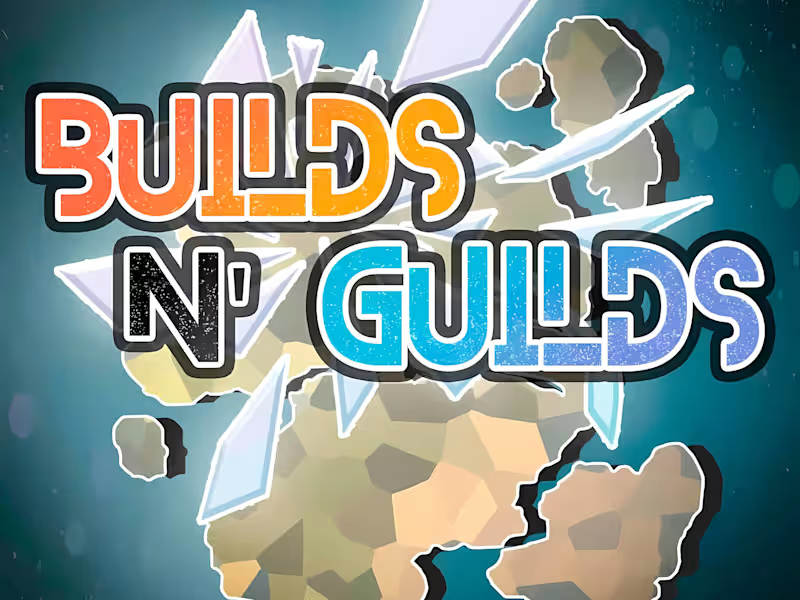


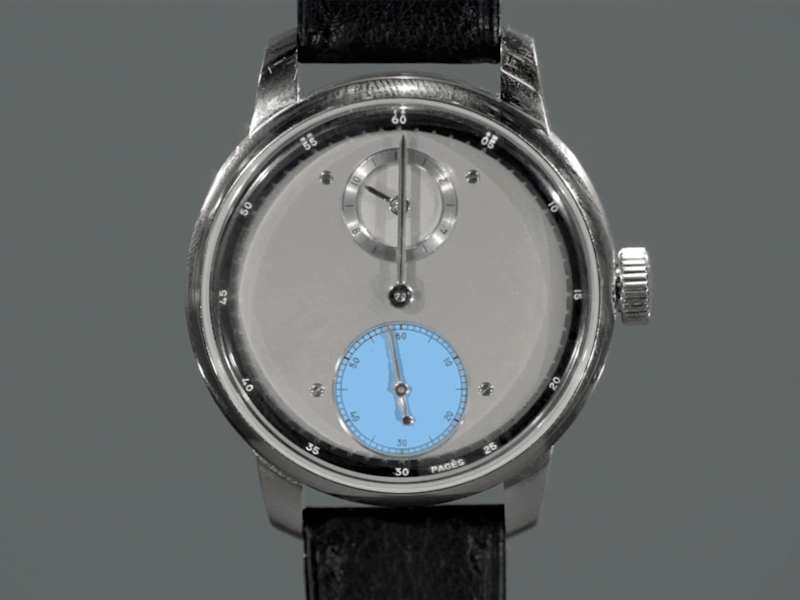
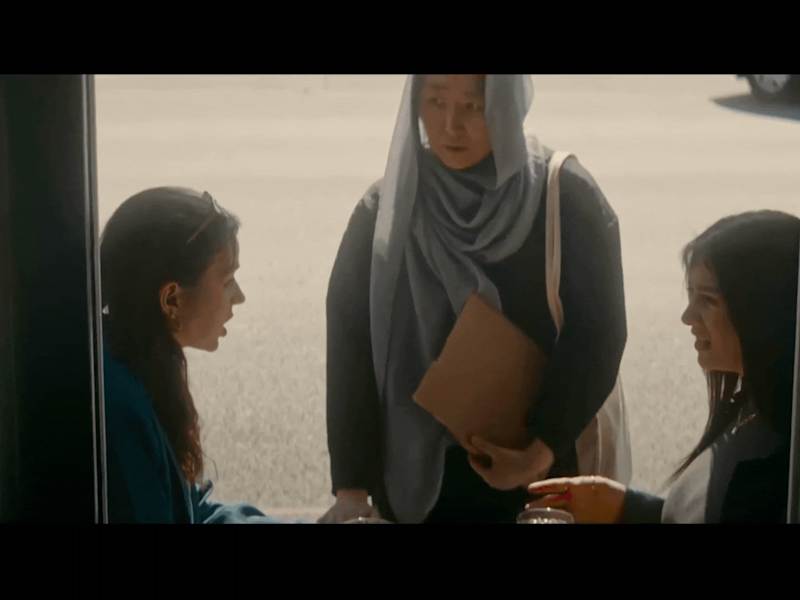

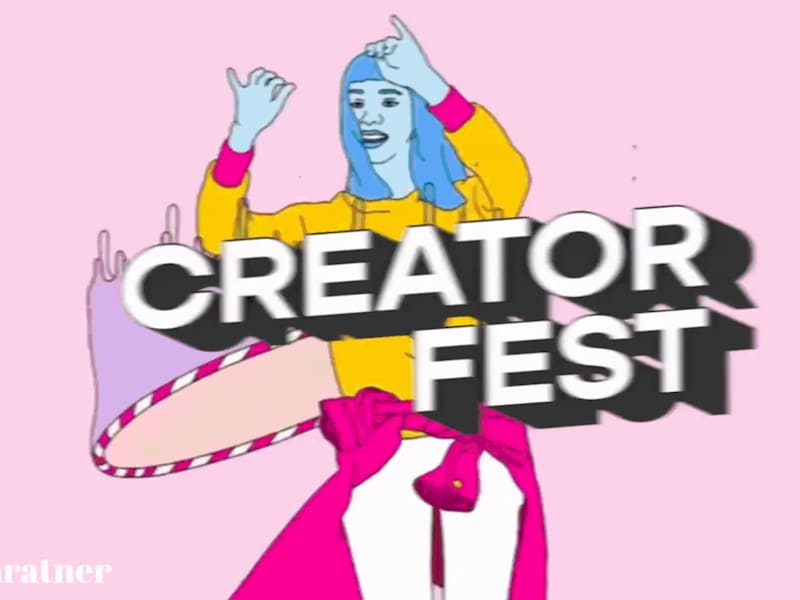
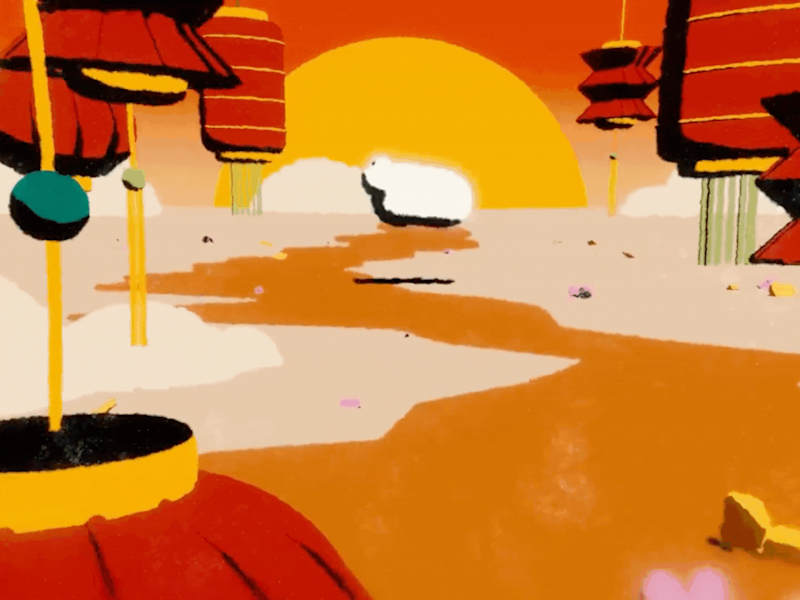
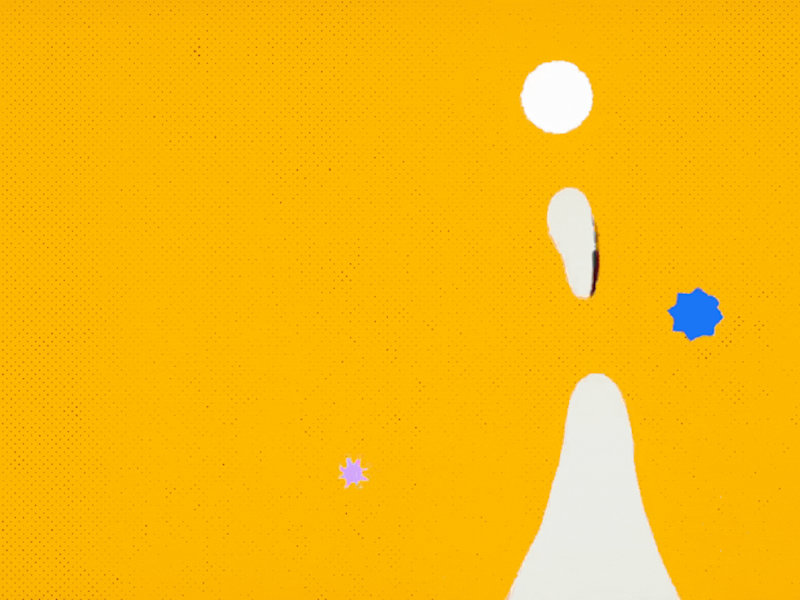
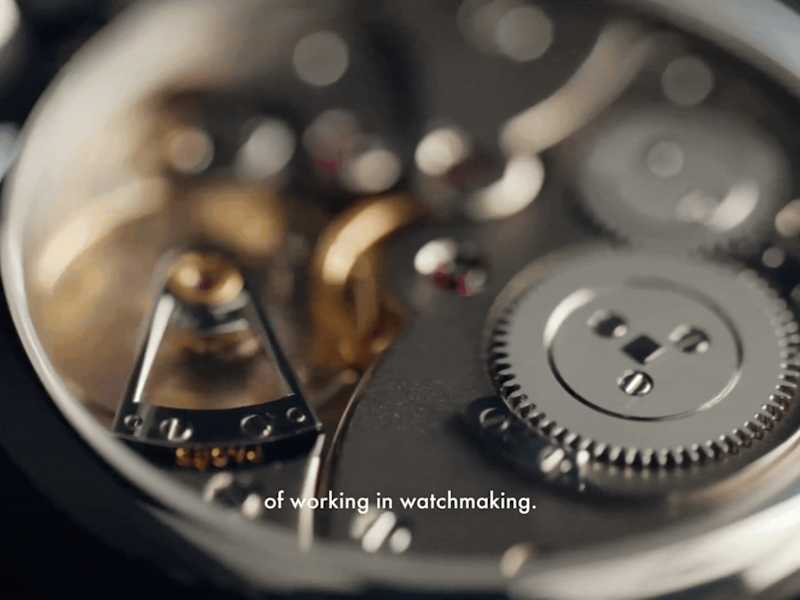



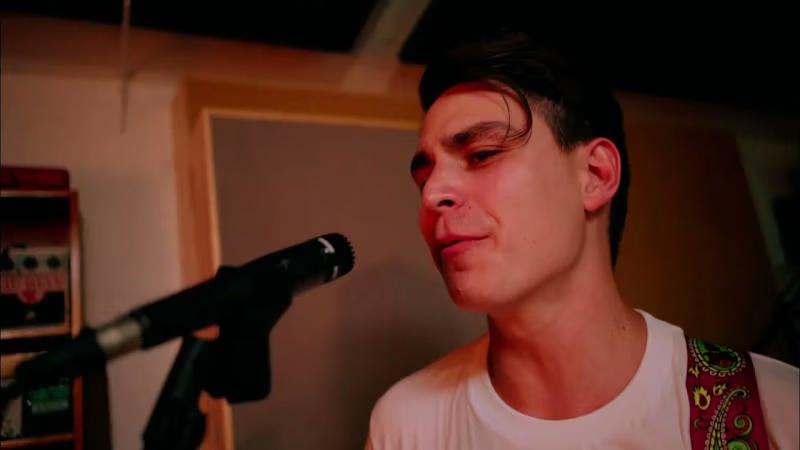
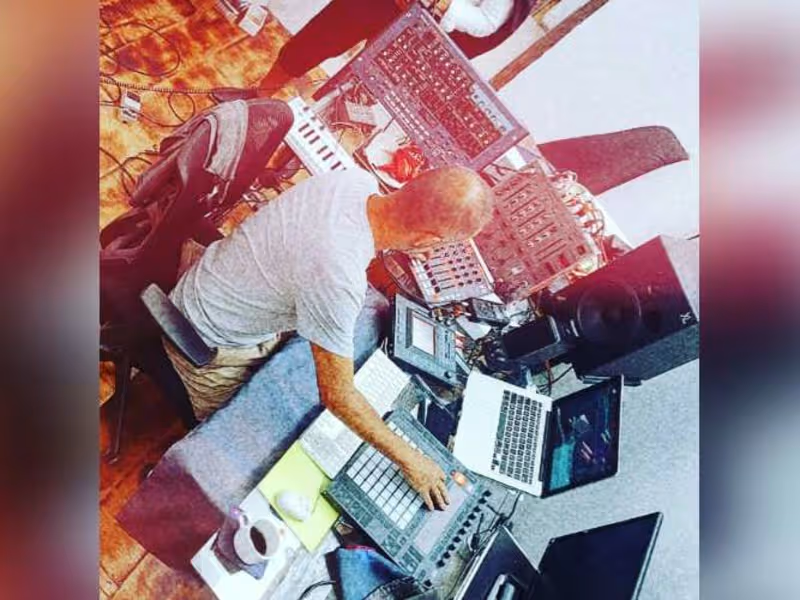
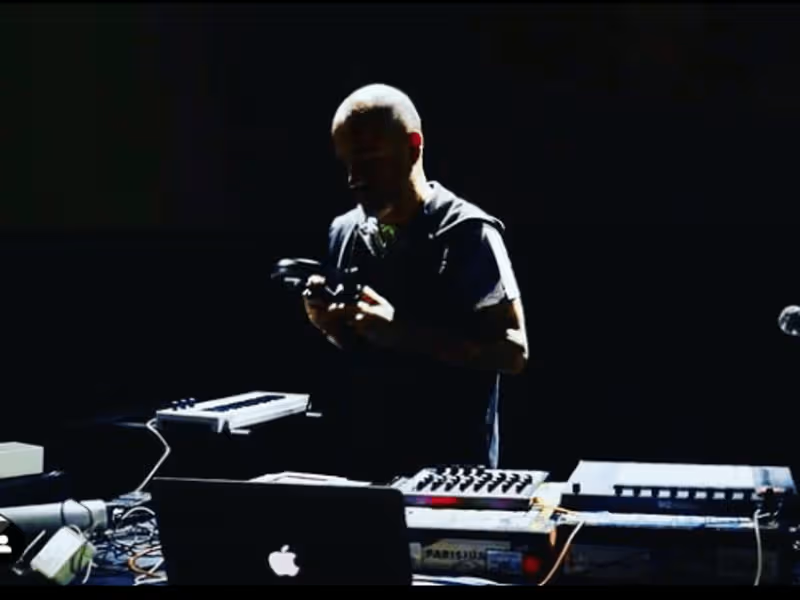

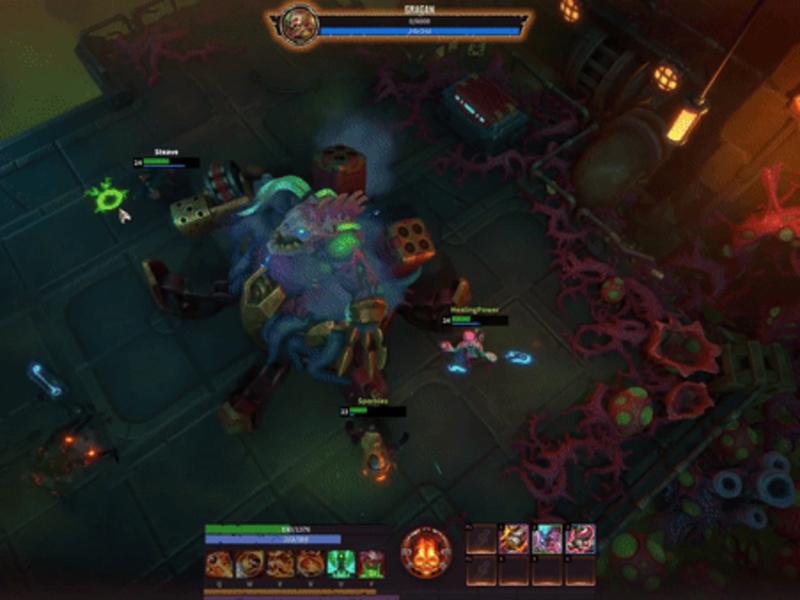

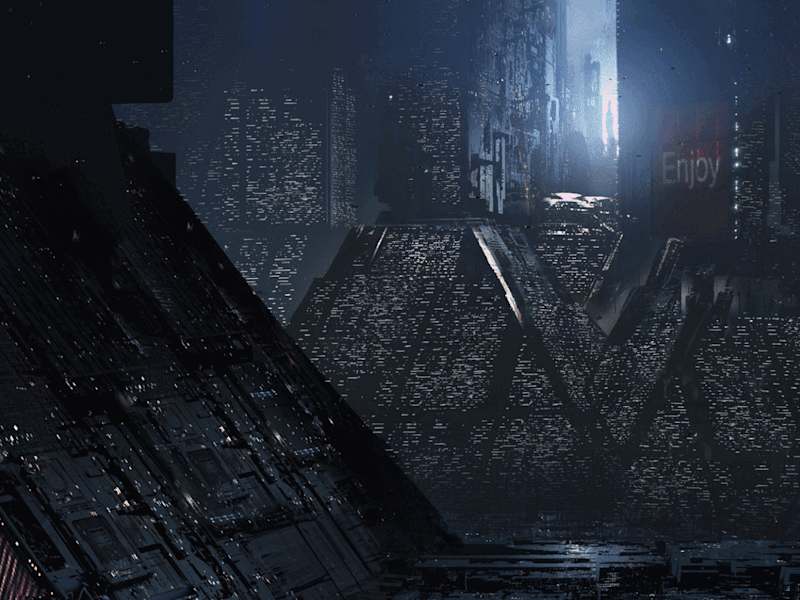

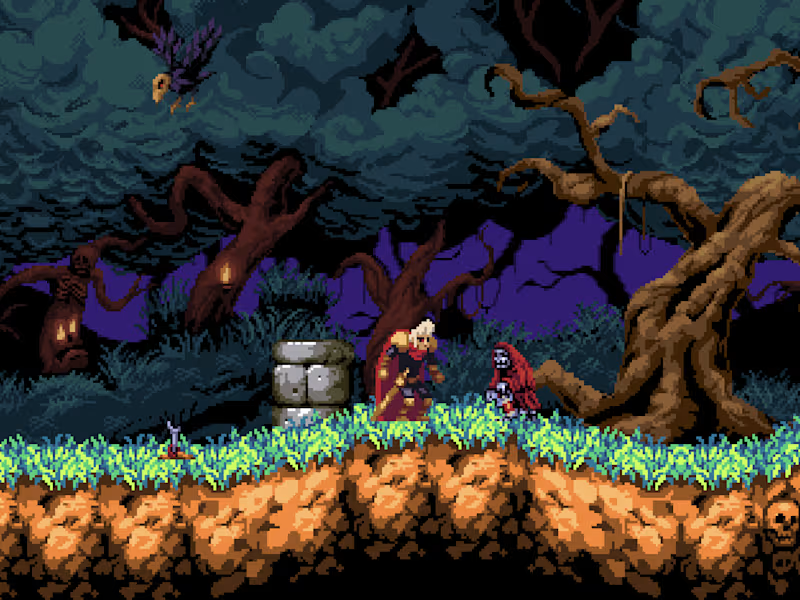

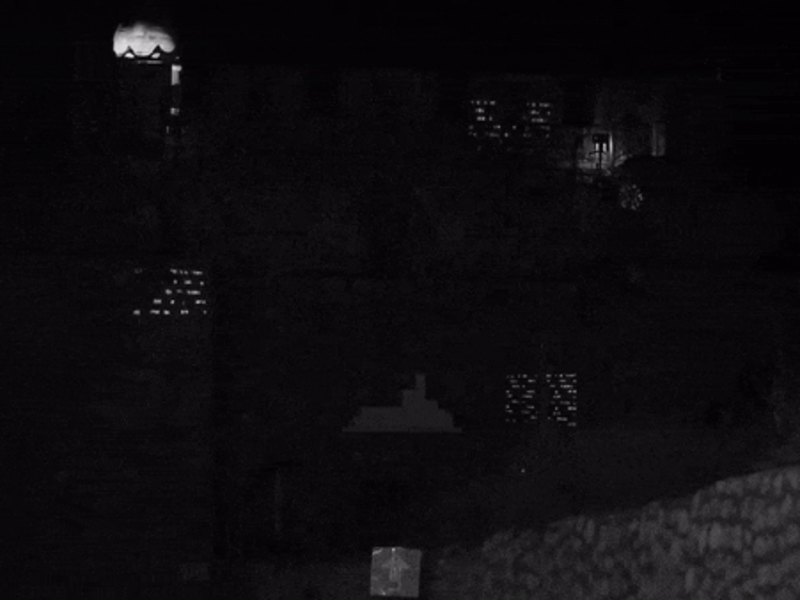

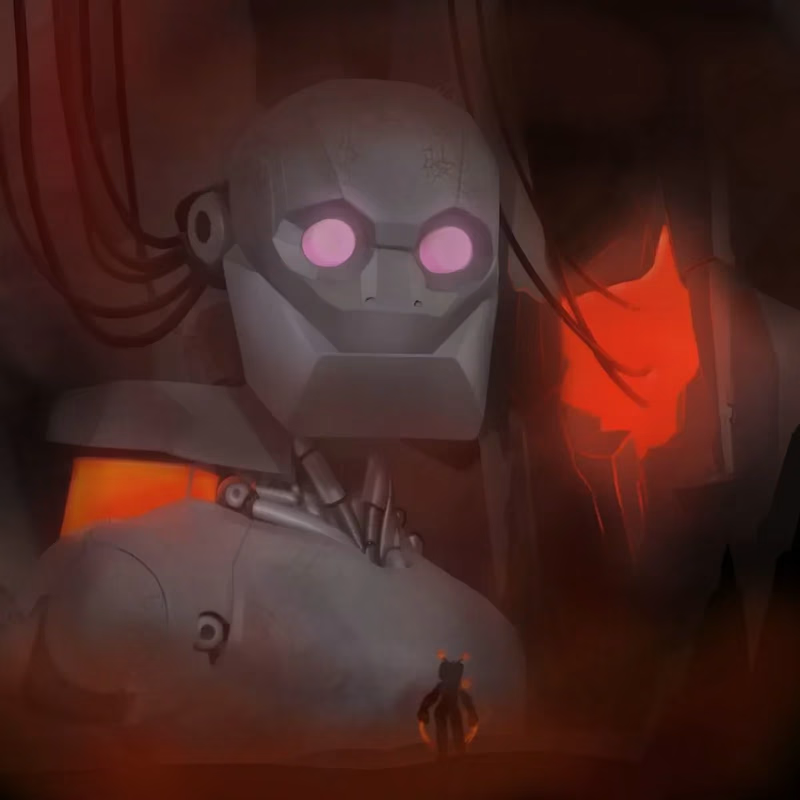
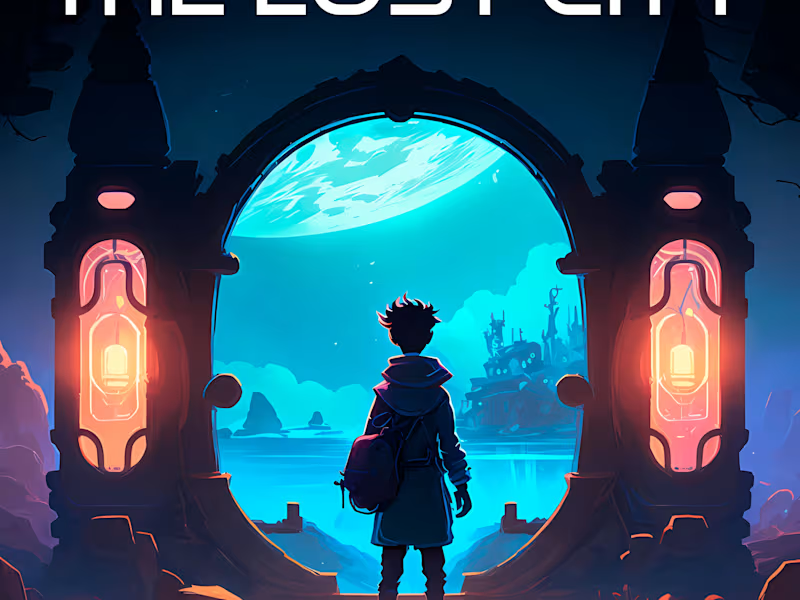
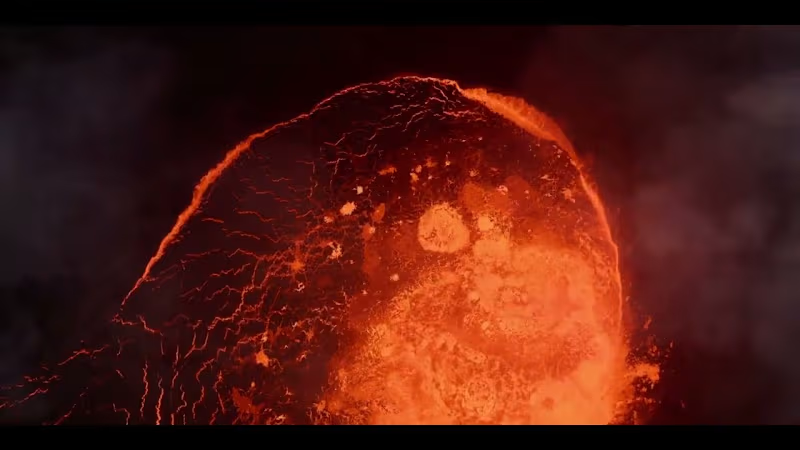
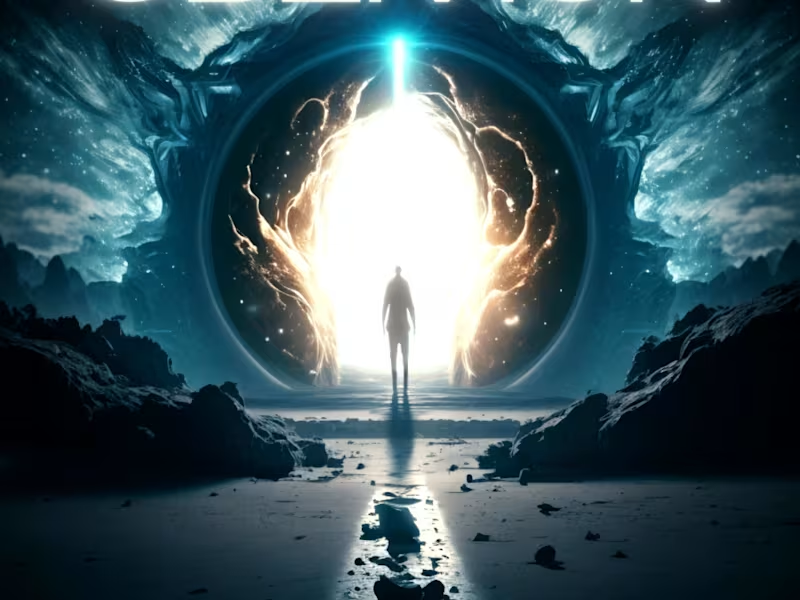
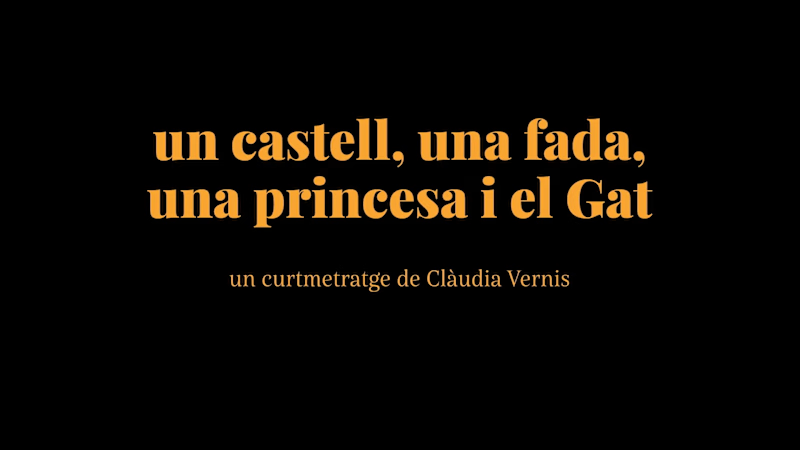

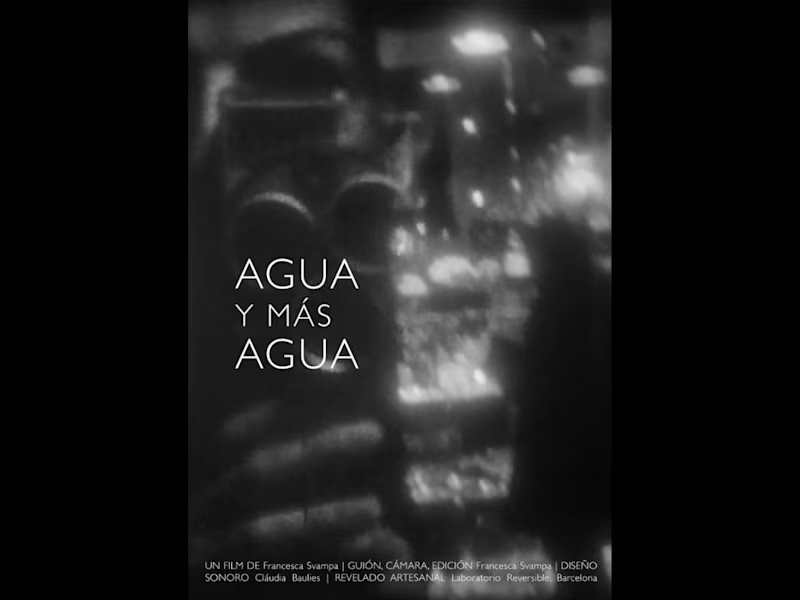
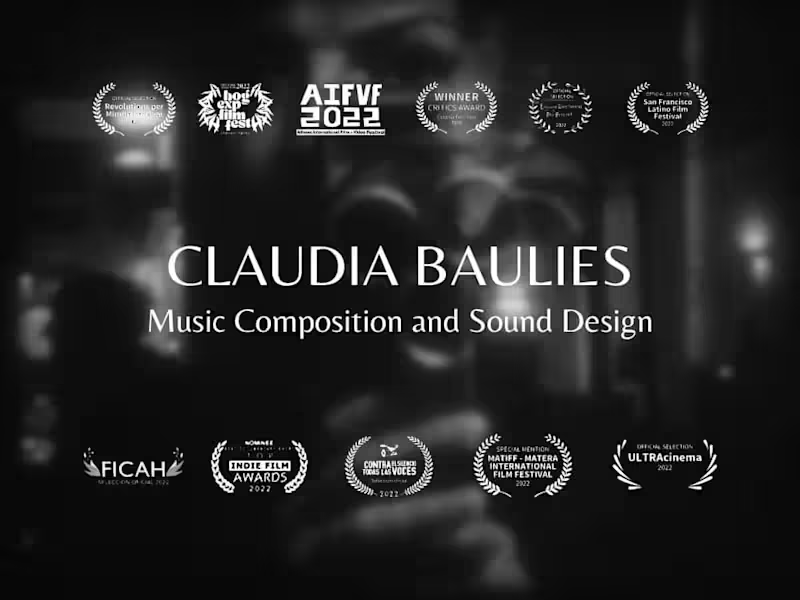
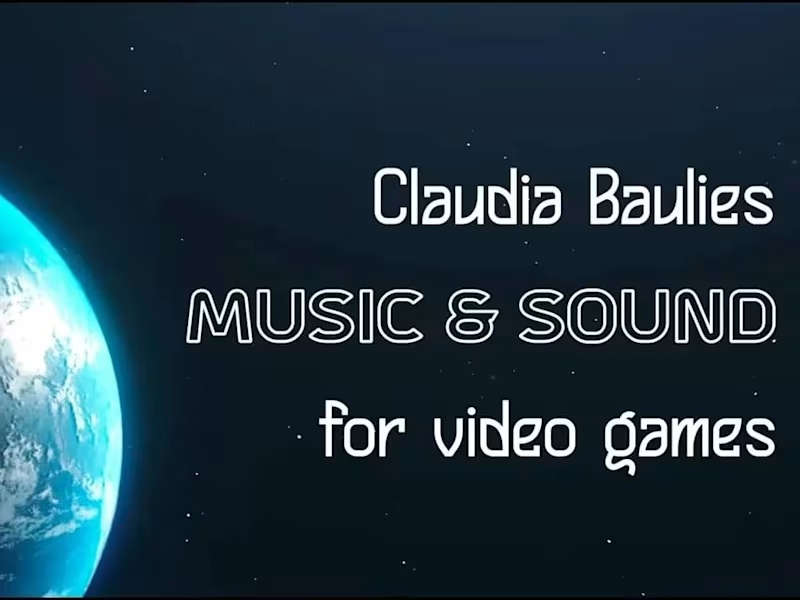

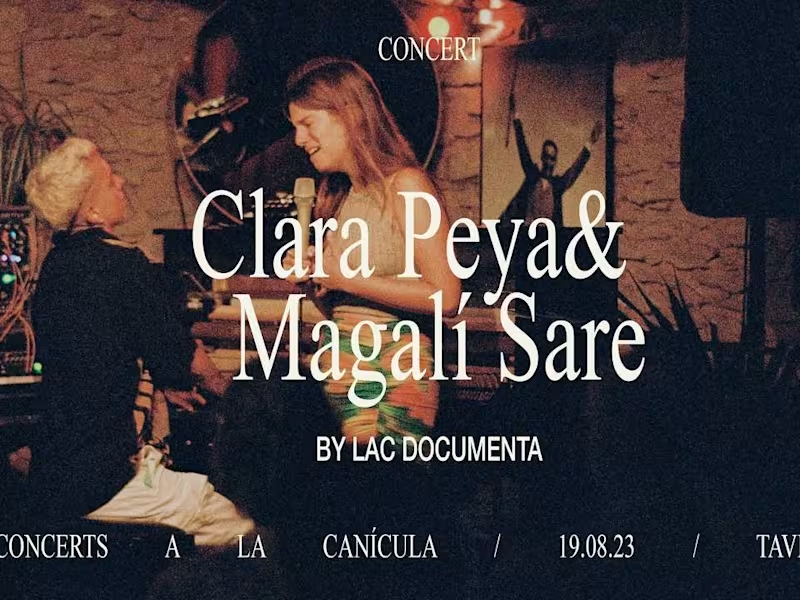
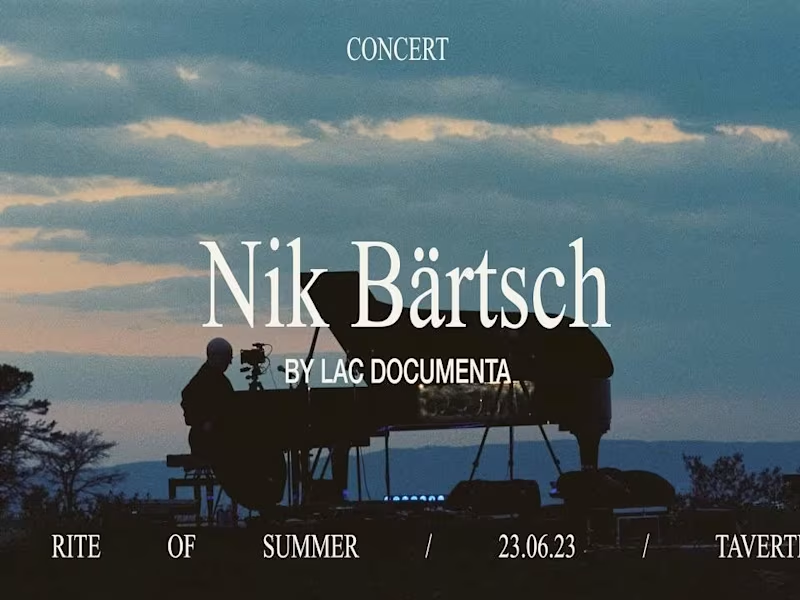
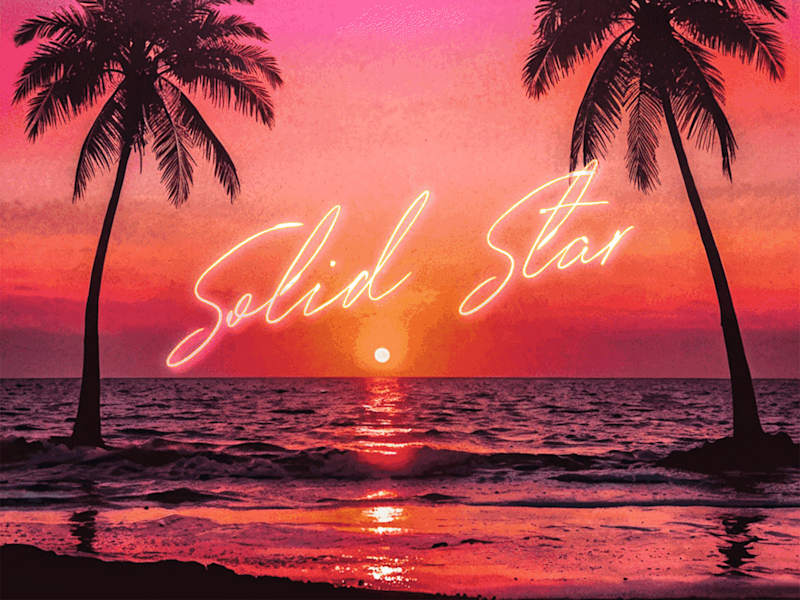


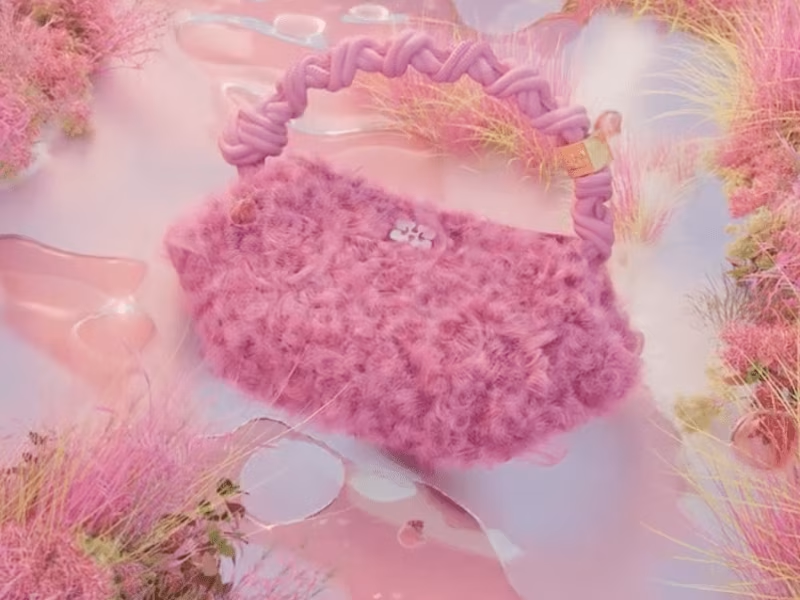

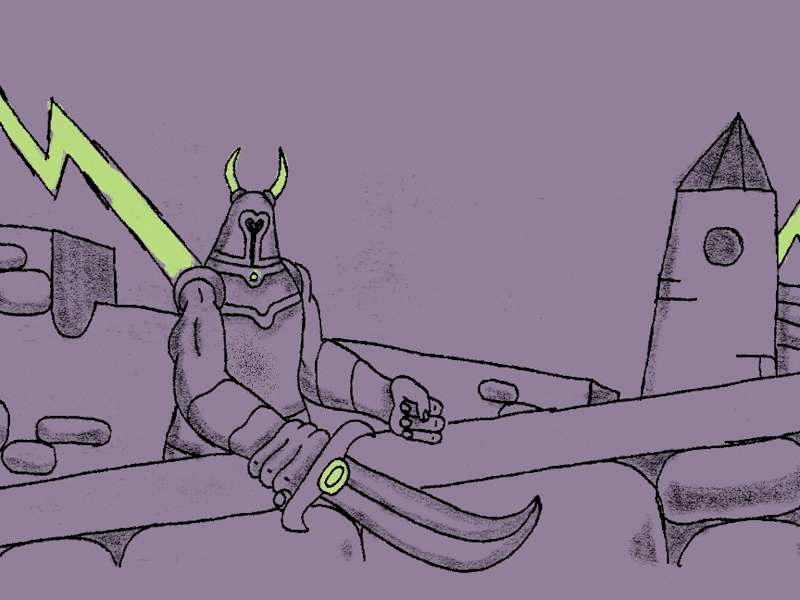


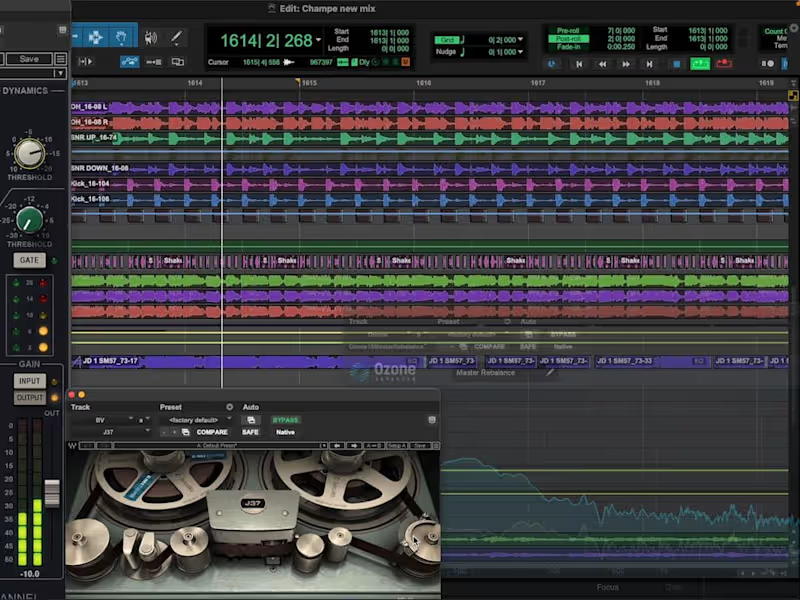

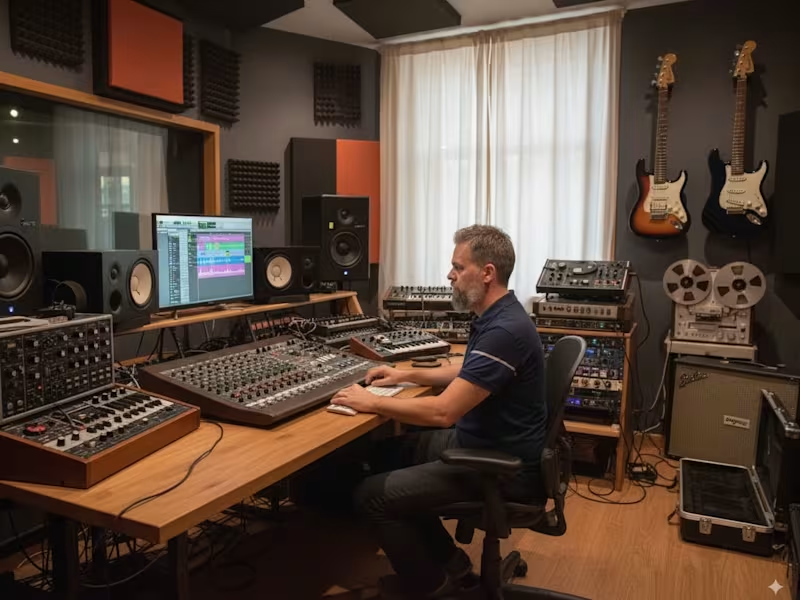


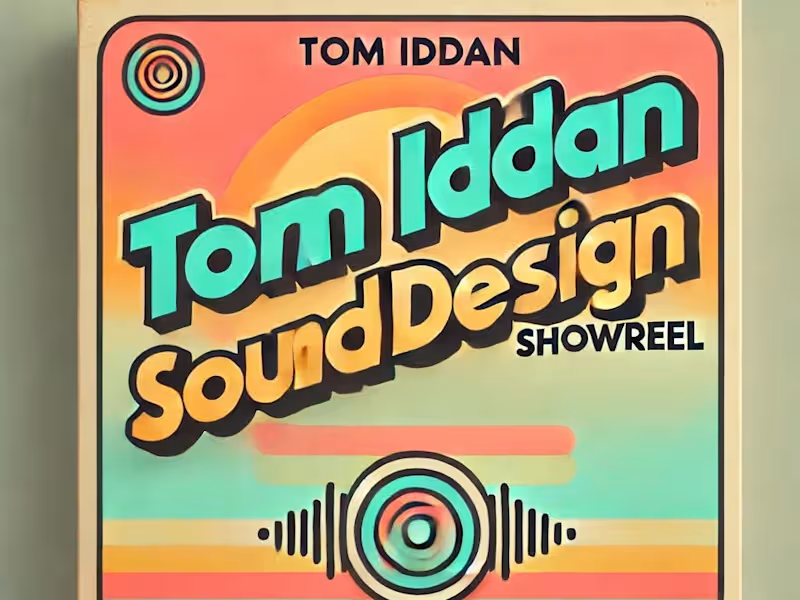
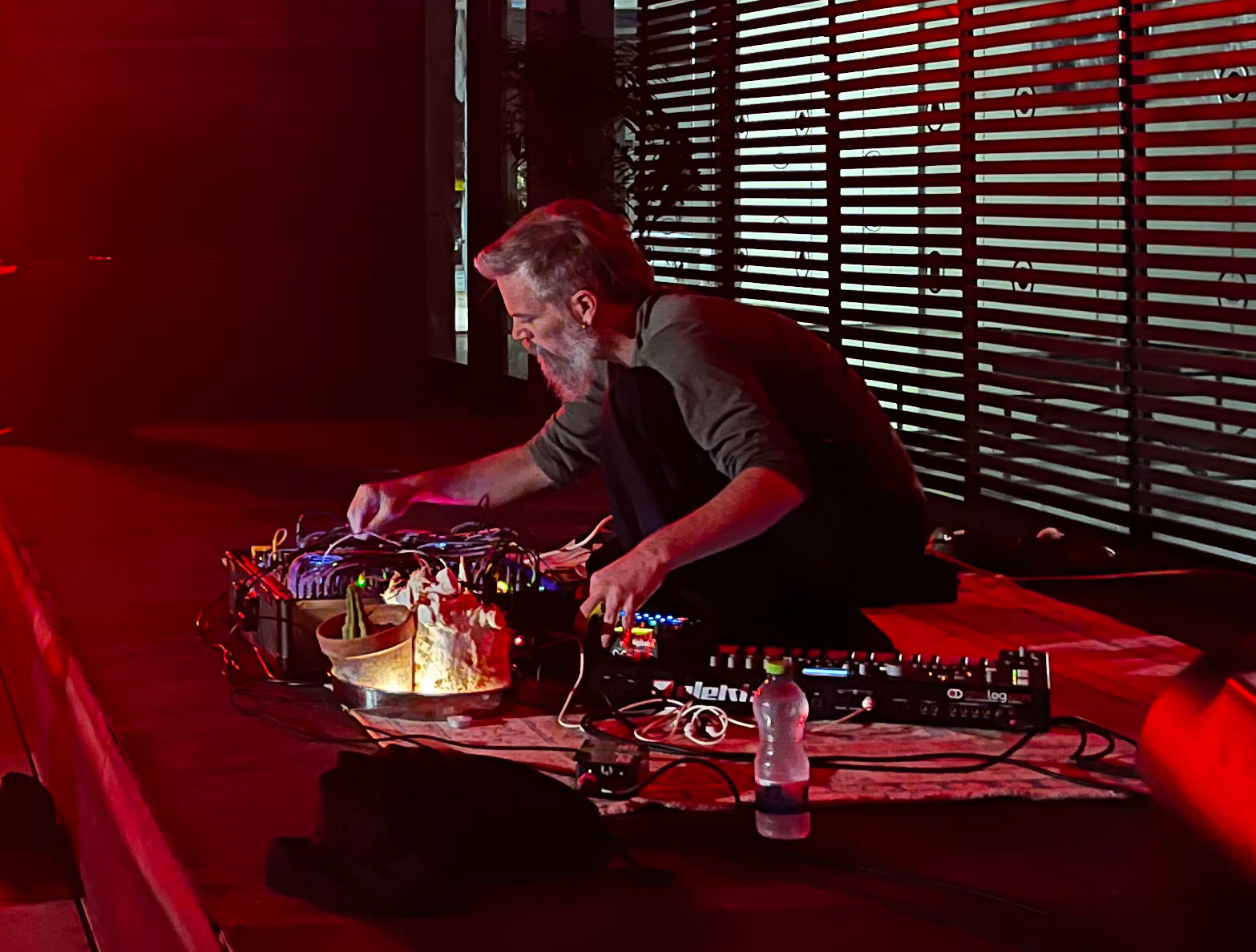

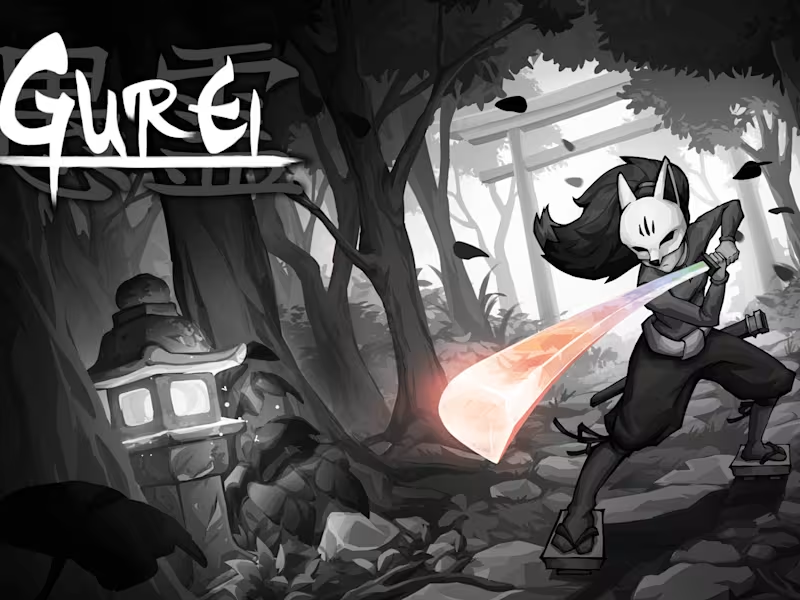


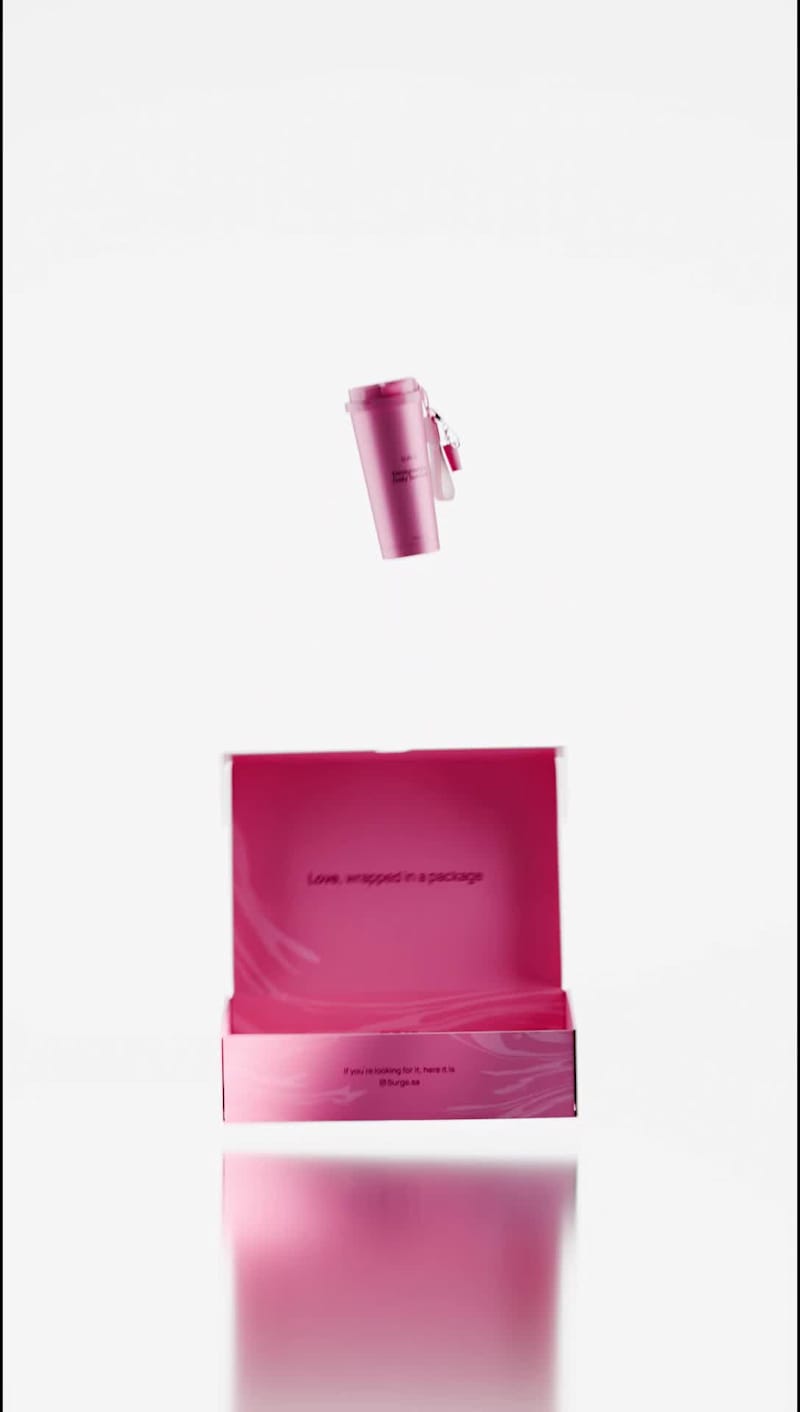
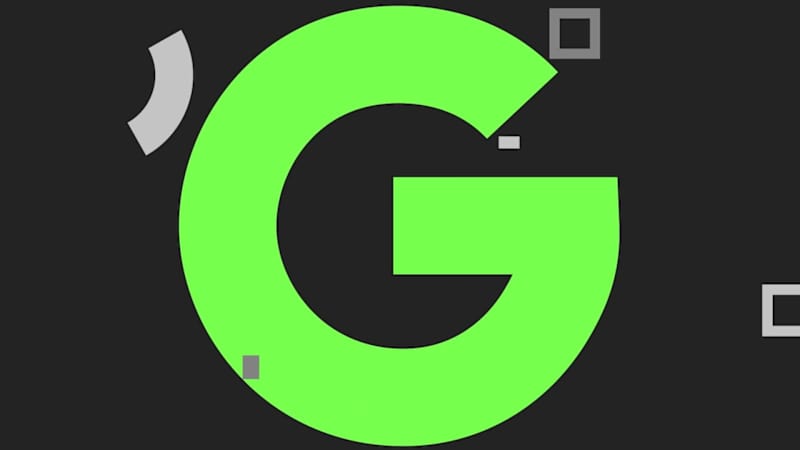
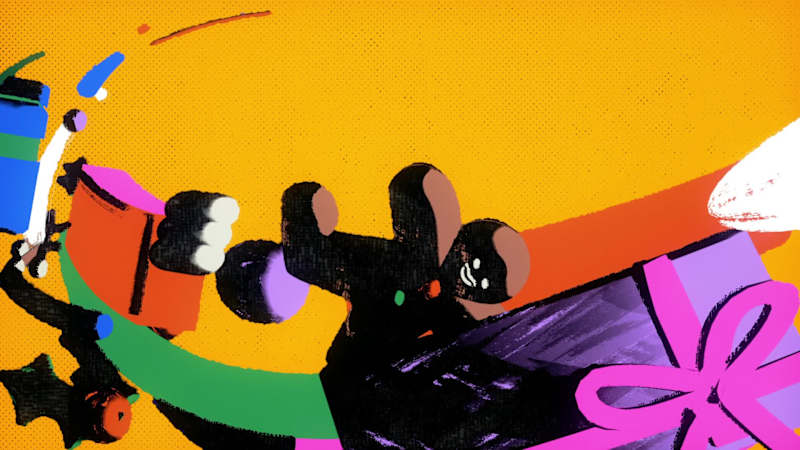

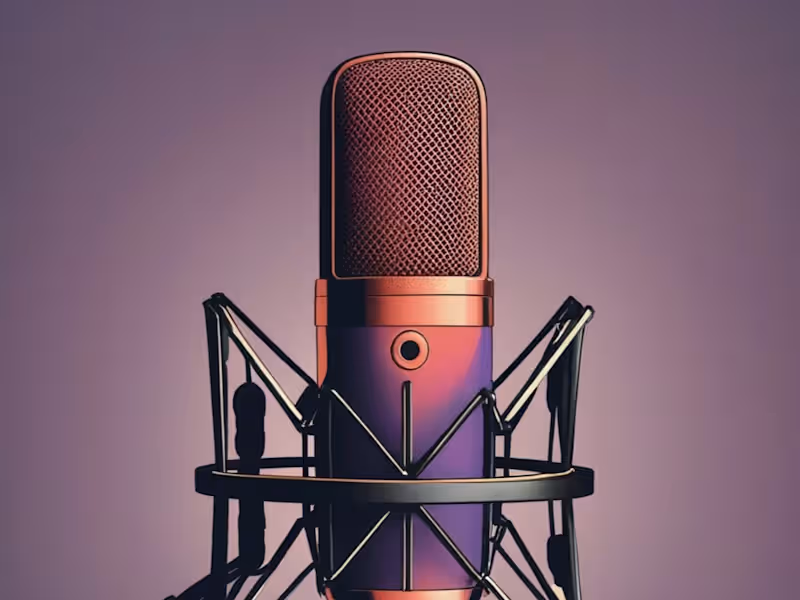
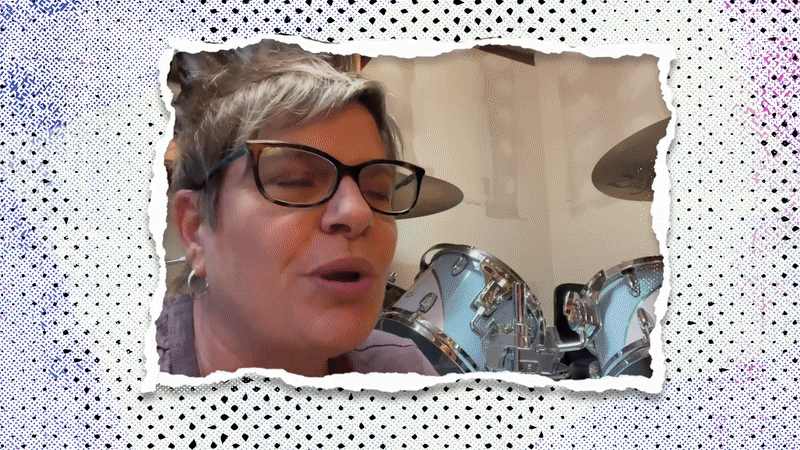
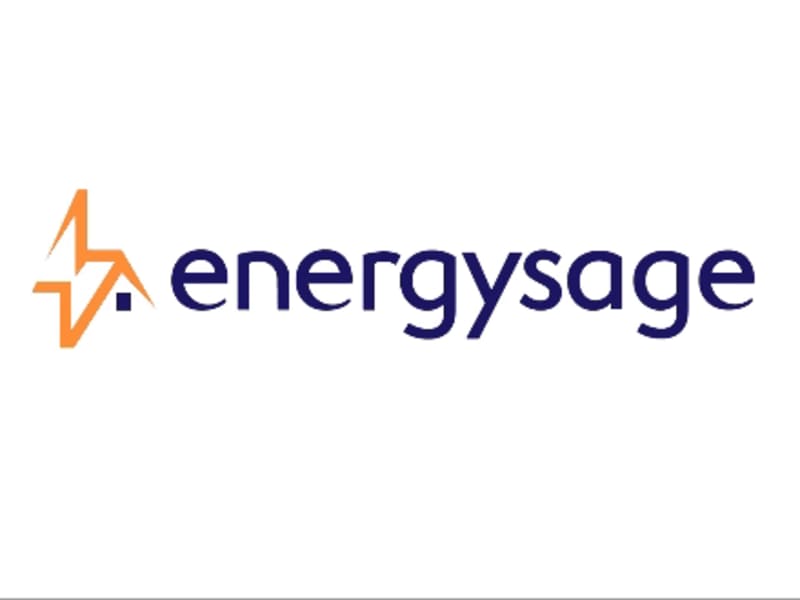


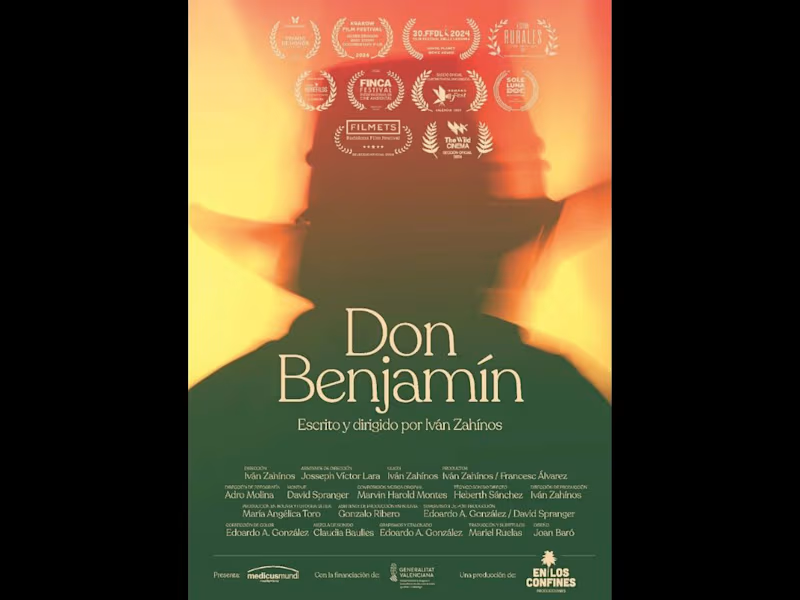
![Cover image for Vivir es morir [Living is Dying] Audiobook Editing](https://media.contra.com/image/upload/w_800,q_auto/flq6fcb9byfw6ylzp1xs.avif)